Economic Sanctions – 2023 Business Aviation Guide
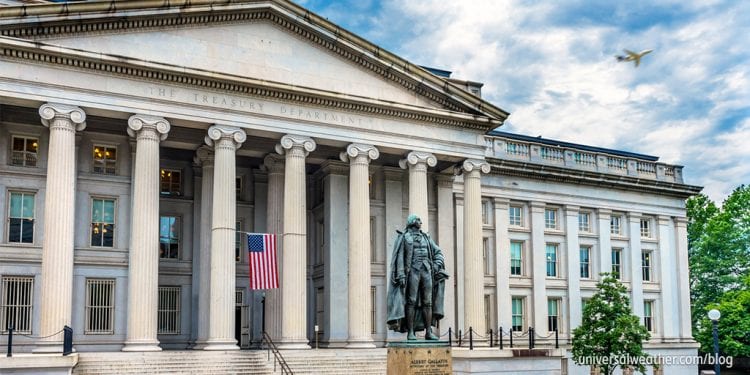
In the world of global business aviation, understanding economic sanctions regulations (both comprehensive and targeted) is vital in reducing an operators’ exposure to significant fines and potential criminal penalties.
This article is meant to give the reader an overview of what the sanctions are, who administers them, who must comply, and some of the risks associated with violating the regulations.
What are economic sanctions?
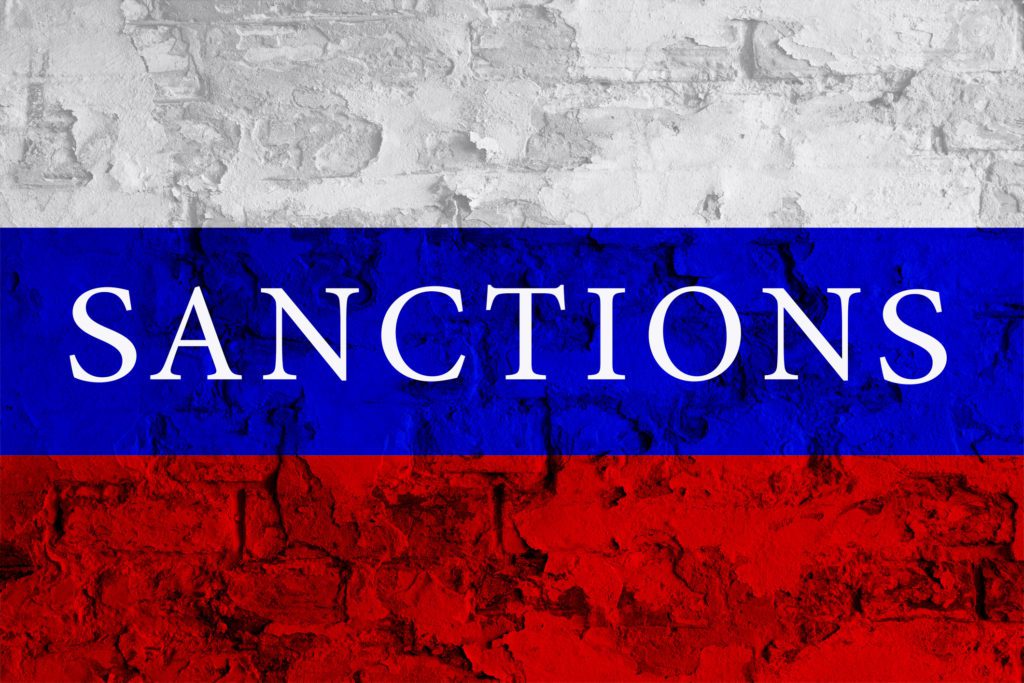 Economic sanctions are restrictions that one country places on another country or a group of countries as a form of punishment. Economic sanctions on the country level are put in place to attempt to effect change in foreign policy or national security. In the context of this article or the series of articles on this blog, economic sanctions are either comprehensive (against a specific country) or targeted to block the assets and trade restrictions against governments, individuals, organizations, or assets.
Economic sanctions are restrictions that one country places on another country or a group of countries as a form of punishment. Economic sanctions on the country level are put in place to attempt to effect change in foreign policy or national security. In the context of this article or the series of articles on this blog, economic sanctions are either comprehensive (against a specific country) or targeted to block the assets and trade restrictions against governments, individuals, organizations, or assets.
U.S. Sanction Administration
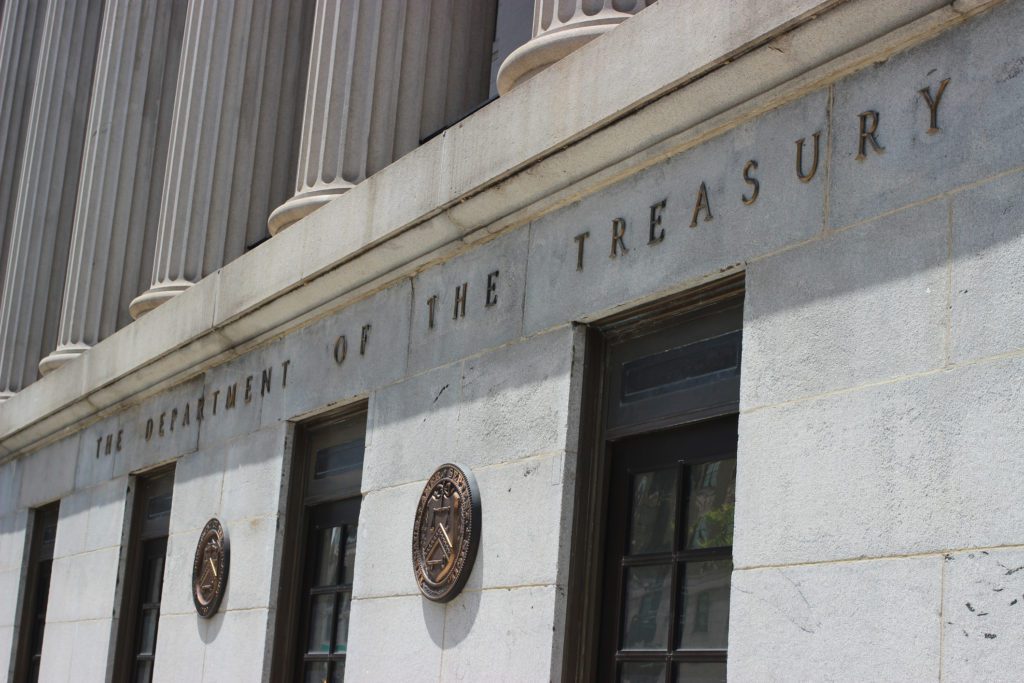 The U.S. Treasury Department, through the Office of Foreign Asset Control (OFAC), administers the U.S. sanction programs and embargoes which target geographic regions and governments. While the sanction programs, like the one on Iran, are comprehensive and target specific areas of the country’s economy and also include broad restrictions, others are targeted and are aimed at specific individuals and entities (example: terrorists, drug traffickers, and more recently, oligarch’s who are sympathetic to a government at odds with the U.S.).
The U.S. Treasury Department, through the Office of Foreign Asset Control (OFAC), administers the U.S. sanction programs and embargoes which target geographic regions and governments. While the sanction programs, like the one on Iran, are comprehensive and target specific areas of the country’s economy and also include broad restrictions, others are targeted and are aimed at specific individuals and entities (example: terrorists, drug traffickers, and more recently, oligarch’s who are sympathetic to a government at odds with the U.S.).
Who is required to comply with OFAC regulations?
As noted by the U.S. Treasury, Compliance is required by U.S. persons, including all U.S. citizens and permanent resident aliens, regardless of where they are located, all persons and entities within the United States, all U.S. incorporated entities, and their foreign branches. In the case of certain programs, foreign subsidiaries owned or controlled by a U.S. company must also comply. Certain programs also require foreign persons in possession of U.S.-origin goods to comply (for example, U.S. manufactured aircraft).
Sanctions beyond the United States
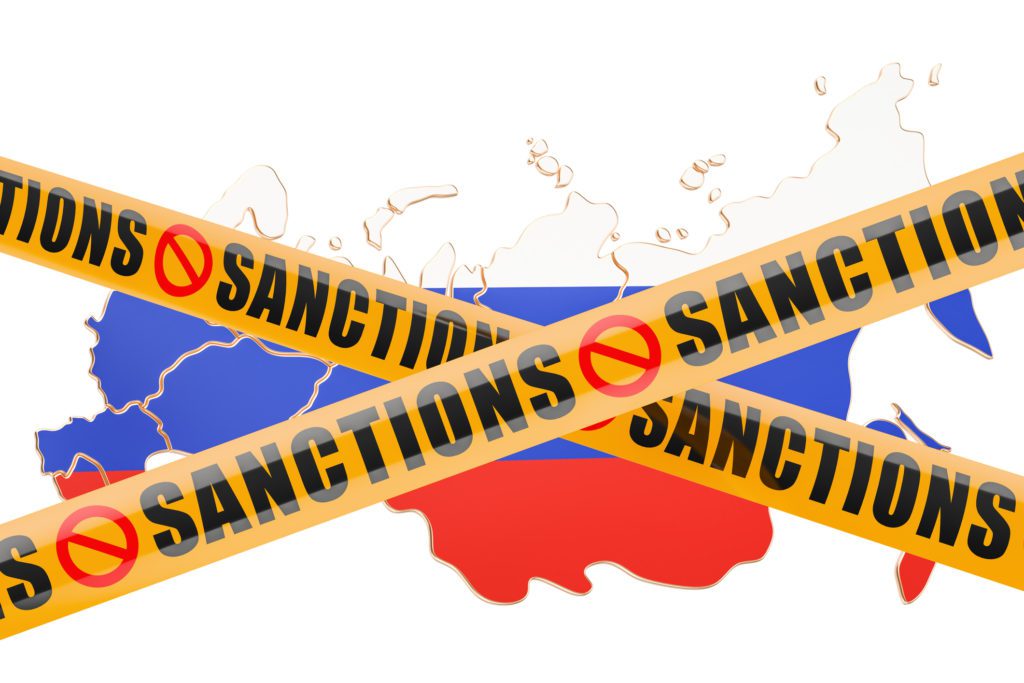 At the end of February 2022, we have seen an increase in sanctions by the U.S. and countries outside of the U.S. targeted at financial institutions, individuals, and restricting aircraft owned, chartered, or operating for the benefit of Russian nationals. Therefore, when planning a trip concerning one of these categories of individuals or assets, operators should seek guidance prior to planning.
At the end of February 2022, we have seen an increase in sanctions by the U.S. and countries outside of the U.S. targeted at financial institutions, individuals, and restricting aircraft owned, chartered, or operating for the benefit of Russian nationals. Therefore, when planning a trip concerning one of these categories of individuals or assets, operators should seek guidance prior to planning.
Risks
 Each country on the sanctioned list is sanctioned based on a different foreign policy and national security goals. Therefore, now more than ever, the prohibitions differ between the programs. Consequently, it is safe to say that one economic sanctions program does not fit all. Therefore, it is essential to understand the risk of doing business with a country on the list or with an individual that has been blocked before engaging.
Each country on the sanctioned list is sanctioned based on a different foreign policy and national security goals. Therefore, now more than ever, the prohibitions differ between the programs. Consequently, it is safe to say that one economic sanctions program does not fit all. Therefore, it is essential to understand the risk of doing business with a country on the list or with an individual that has been blocked before engaging.
Moreover, it is crucial to understand that there could be significant risks if prohibited transactions are made that could put all organizations involved in a transaction at risk of violating the regulations. Simply outsourcing your trade compliance to a third party does not relieve an operator from the compliance requirements with the regulation. You should know what your third-party vendors are doing about compliance with the regulations.
Countries
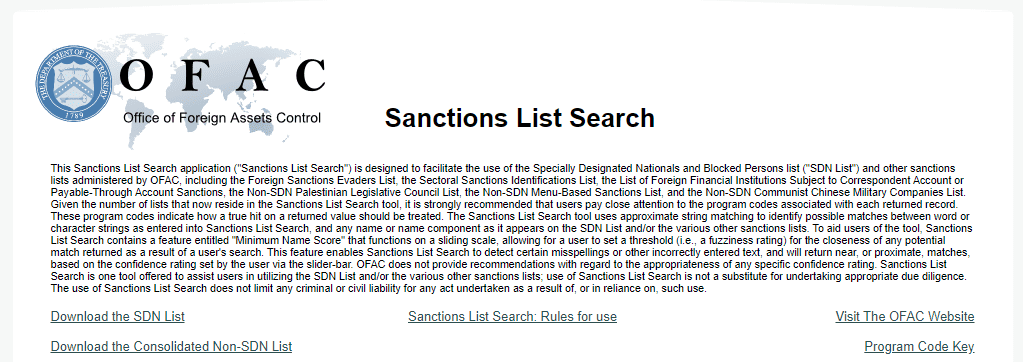 Today there are comprehensive sanctions against countries like Iran, North Korea, and Cuba, to name a few. While there are certain exemptions for certain activities, it is important to understand whether a specific license is required before operations to these countries are conducted.
Today there are comprehensive sanctions against countries like Iran, North Korea, and Cuba, to name a few. While there are certain exemptions for certain activities, it is important to understand whether a specific license is required before operations to these countries are conducted.
Moreover, the number of governments creating sanctions and the number of entities and persons being sanctioned is creating an unprecedented maze that requires time and investigation to ensure proper balance and compliance.
Specially Designated Nationals – blocked persons, organizations, or assets
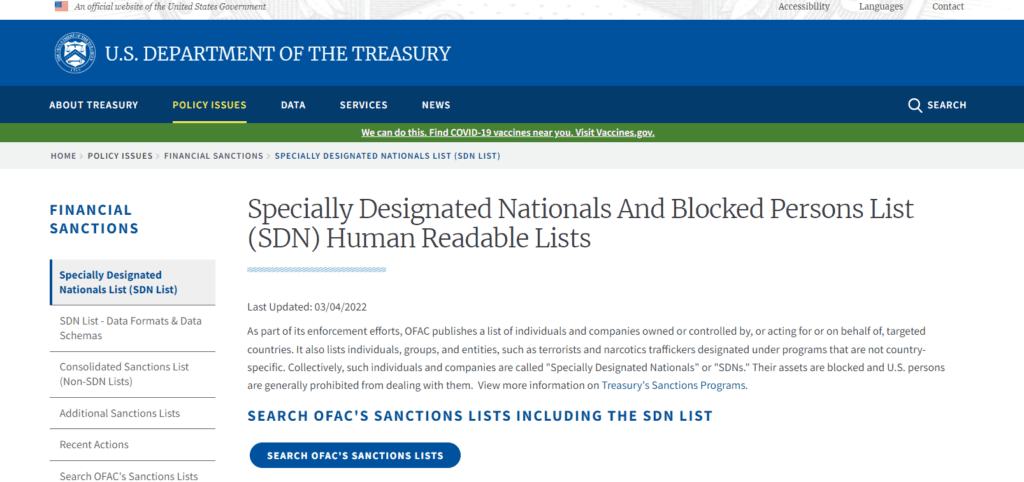 There are prohibitions in the non-comprehensive sanctions programs from dealing with individuals, financial institutions, entities, and, even today, certain aircraft registries. The names are incorporated into a list and maintained by OFAC. U.S. organizations and individuals are prohibited from having any dealings with the Specially Designated Nationals (SDNs) wherever they are located.
There are prohibitions in the non-comprehensive sanctions programs from dealing with individuals, financial institutions, entities, and, even today, certain aircraft registries. The names are incorporated into a list and maintained by OFAC. U.S. organizations and individuals are prohibited from having any dealings with the Specially Designated Nationals (SDNs) wherever they are located.
Moreover, entities that a person on the SDN list owns (OFAC defines this as a direct or indirect ownership interest of 50 percent or more) are also blocked, regardless of whether that entity is separately named on the SDN list. As an operation of law, a U.S. company or person may not conduct business with the entity. As a new example of the current sanction programs put in place since February 2022, a vendor or customer that an organization does business with may not be a blocked party; however, the financial institution where the payments are made could be. Therefore, it is important to have a comprehensive screening program in place to avoid an unauthorized payment for an otherwise authorized transaction.
Conclusion
Because the programs administered by OFAC change frequently and often require guidance for implementation and understanding, it is crucial to seek guidance to ensure that you have complete information about the current restrictions and the individuals or companies you plan to do business. If you have specific questions regarding sanctions or compliance, you can reach out to our Global Compliance Team at CCO@univ-wea.com.
This blog does not constitute legal advice. Make sure to contact your trade counsel if your operations are operating to or over a sanctioned country to ensure compliance.




